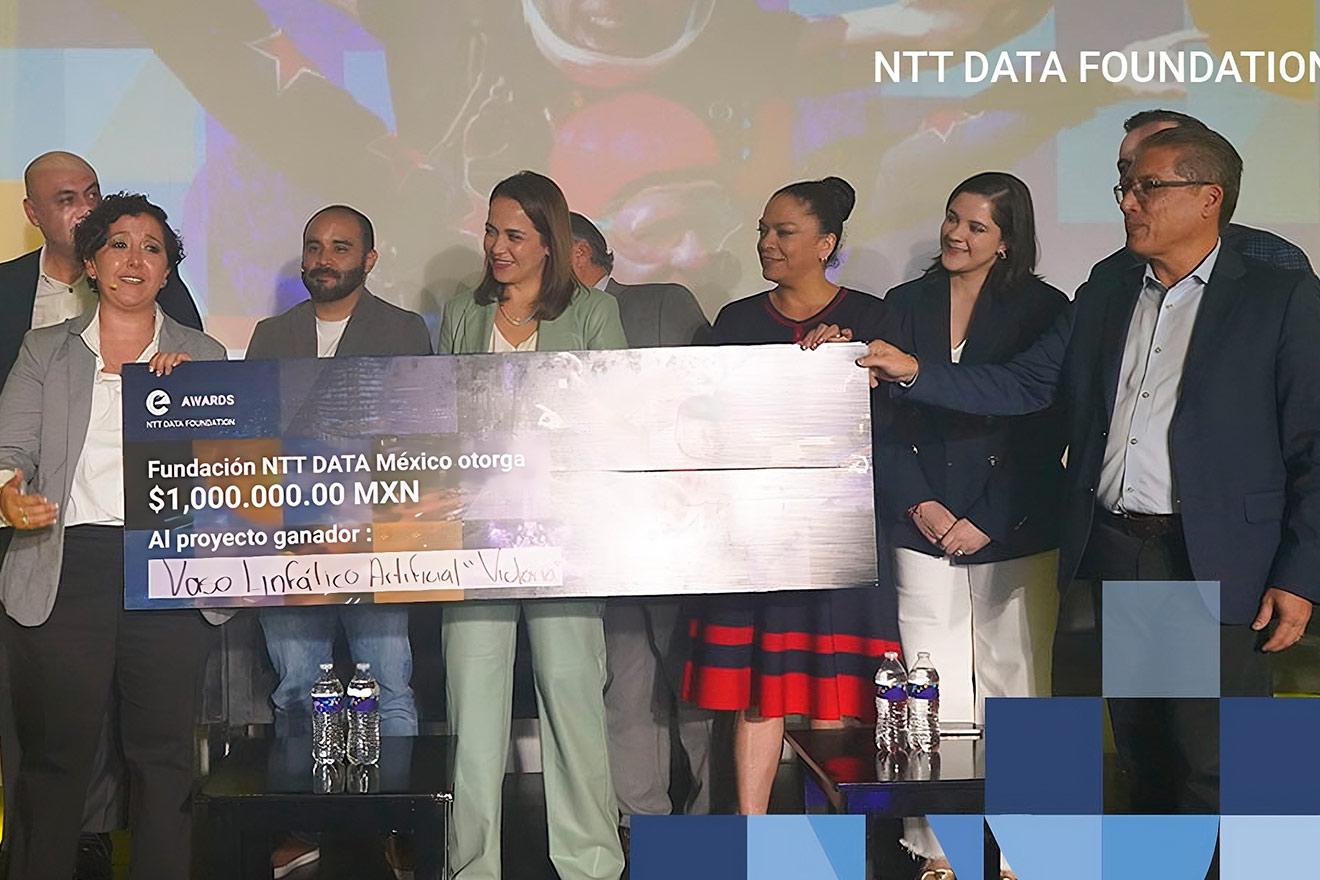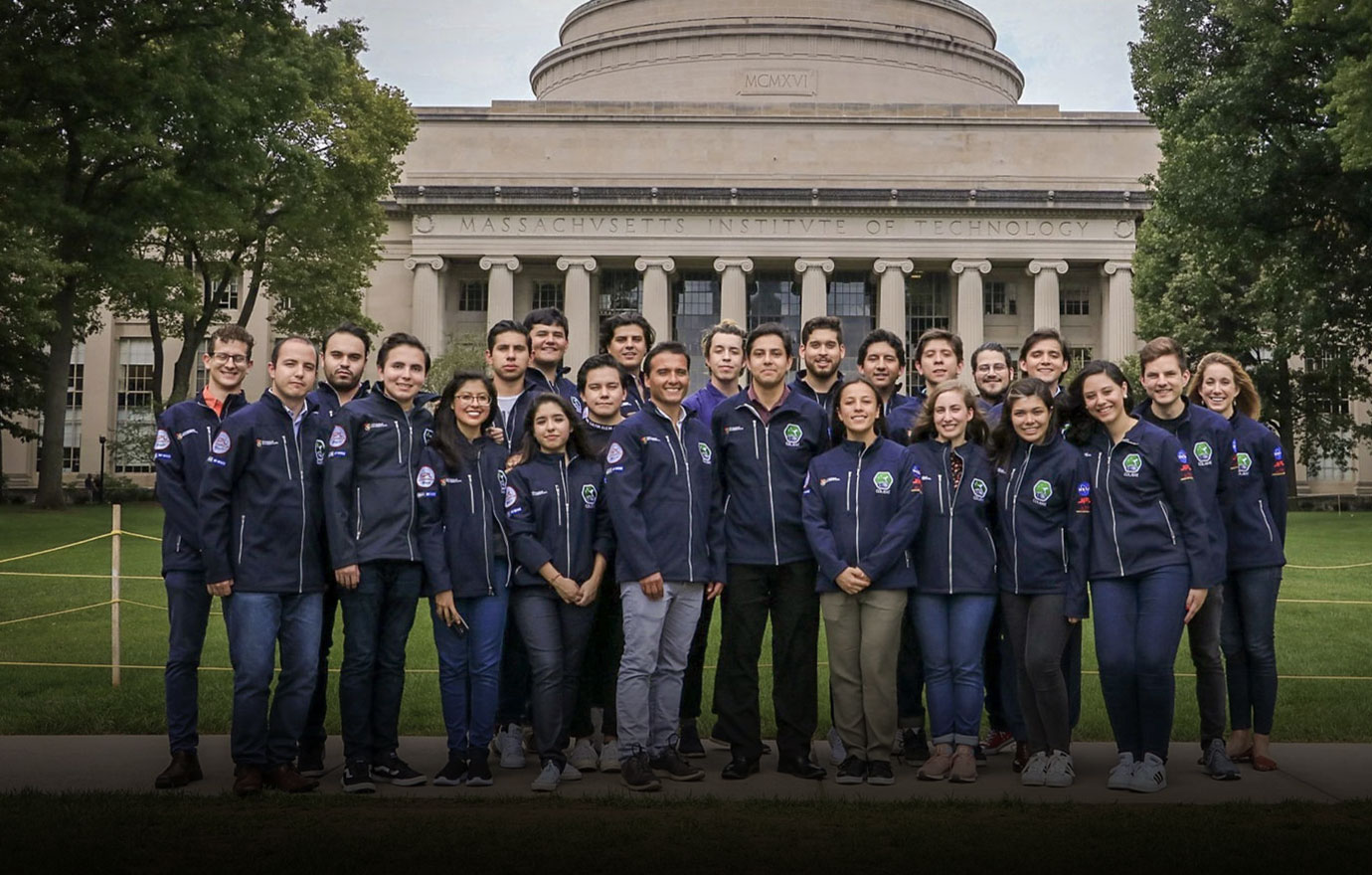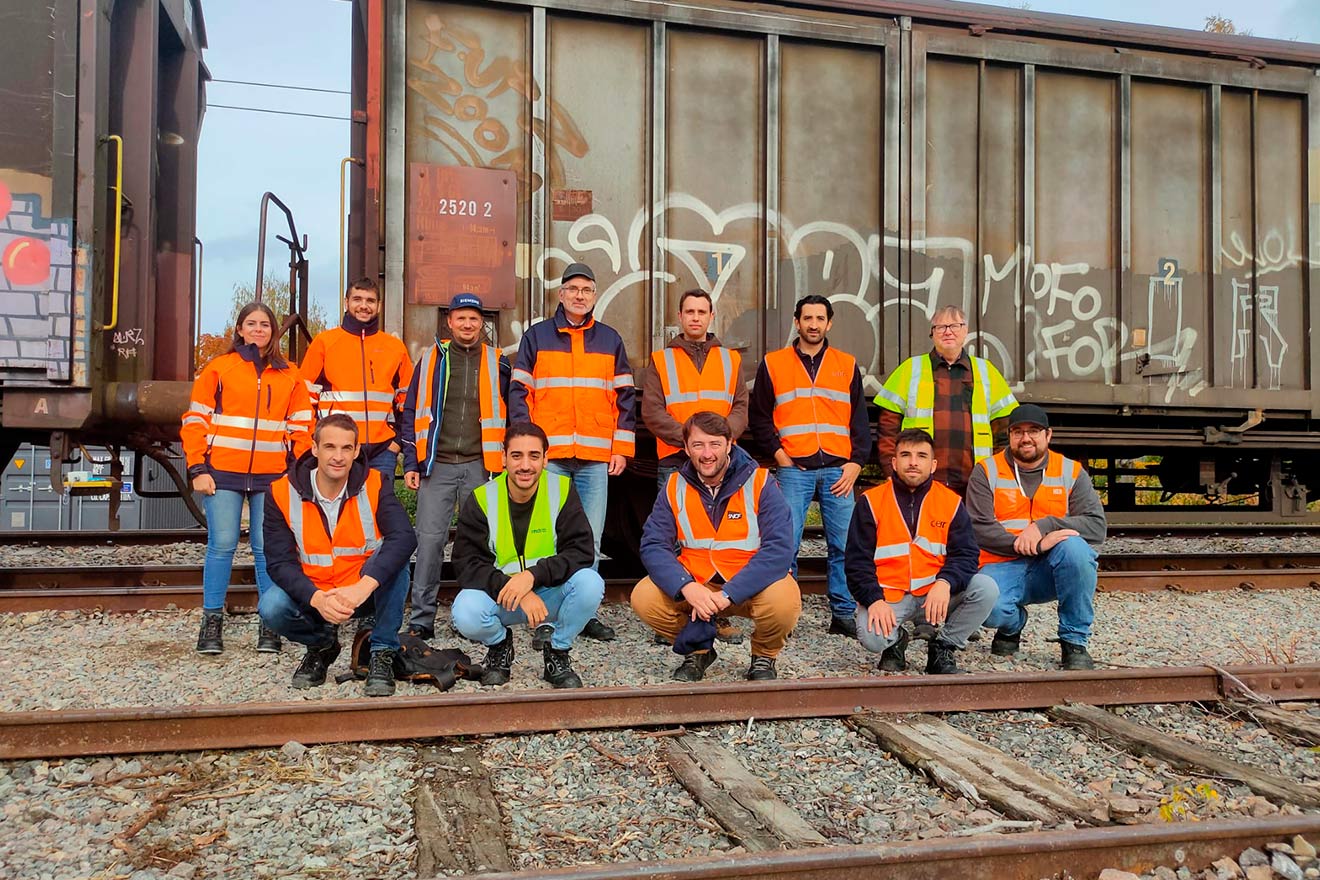Faced with this new way of working brought about by digitalization, there will be jobs that will disappear.
The global labor market is currently undergoing a deep transformation. While this change had been anticipated years ago, the pandemic caused by COVID-19 has accelerated it, with digitalization, process automation and teleworking.
Consequently, these changes, these new ways of working have generated the need for new skills. However, not all companies and individuals are prepared for implementation. With digitalization, new technologies have emerged such as Big Data, Blockchain, the Cloud, Artificial Intelligence, the Internet of Things, Digital Twins, among others, which require new jobs with people with specialized technological skills.
Thus, companies have found it necessary to go digital, either just to sell online or to adopt these new technologies that allow them to be more competitive. For which they have had to assume that jobs are changing, so they have had to renew their corporate culture, promoting creativity and innovation among their employees for the adoption of these new digital skills.
To close this gap and develop the necessary digital skills, companies have turned to lifelong learning and are training their employees to improve their performance. To this end, they have adopted approaches such as reskilling and upskilling to train their employees with these new skills and meet the needs of the business.
With the advance of information and communication technologies, the upskilling process seeks to enhance the employee’s skills to optimize their performance; that is, to teach employees new skills towards more efficient and different jobs within their area of expertise, which will give the company competitive advantages.
Faced with this new way of working brought about by digitization, there will be jobs that will disappear; thus, the upskilling approach seeks to train the employee to adapt to a new job that the company needs. The company trains an employee who has potential in skills that the company requires.
The benefits
The benefits of these two approaches are as follows:
- Faster adaptation to digitalization
- Bridging the digital gap
- Preserving knowledge
- Keeping employees motivated
- Promoting a culture of creativity, innovation and change
- Reducing selection processes
- Reducing the learning curve and adaptation periods
The future of work
Finally, to address the future of work for both companies and individuals, seven issues need to be considered:
- People and their talent are the key factor in all organizations.
- The impact and development of technology is increasing exponentially every day and with it, the employment scenario will undergo many changes.
- Lifelong learning is necessary in the company to keep up with the pace of technological advances.
- This change in the future of work will not occur all over the world in the same way or at the same time, but will highlight the differences between rich and poor economies.
- Finally, it is necessary to consider different scenarios in the future of the work in order to anticipate and act accordingly.
- The future will bring many new jobs with it, but it will also include many of the traditional tasks.
- With the aid of digital technology, machines are gradually taking over complex administrative tasks, for example: monitoring employees and evaluating candidates, so artificial intelligence and its algorithms are becoming a key part of the digital transformation in companies.


Author information
Dr. Antonia Terán Bustamante and Dr. Vladimiro González Zelaya
Academics at the Universidad Panamericana School of Business
Taken from
https://www.altonivel.com.mx/opinion/las-competencias-requeridas-para-el-trabajo-en-la-era-digital/








